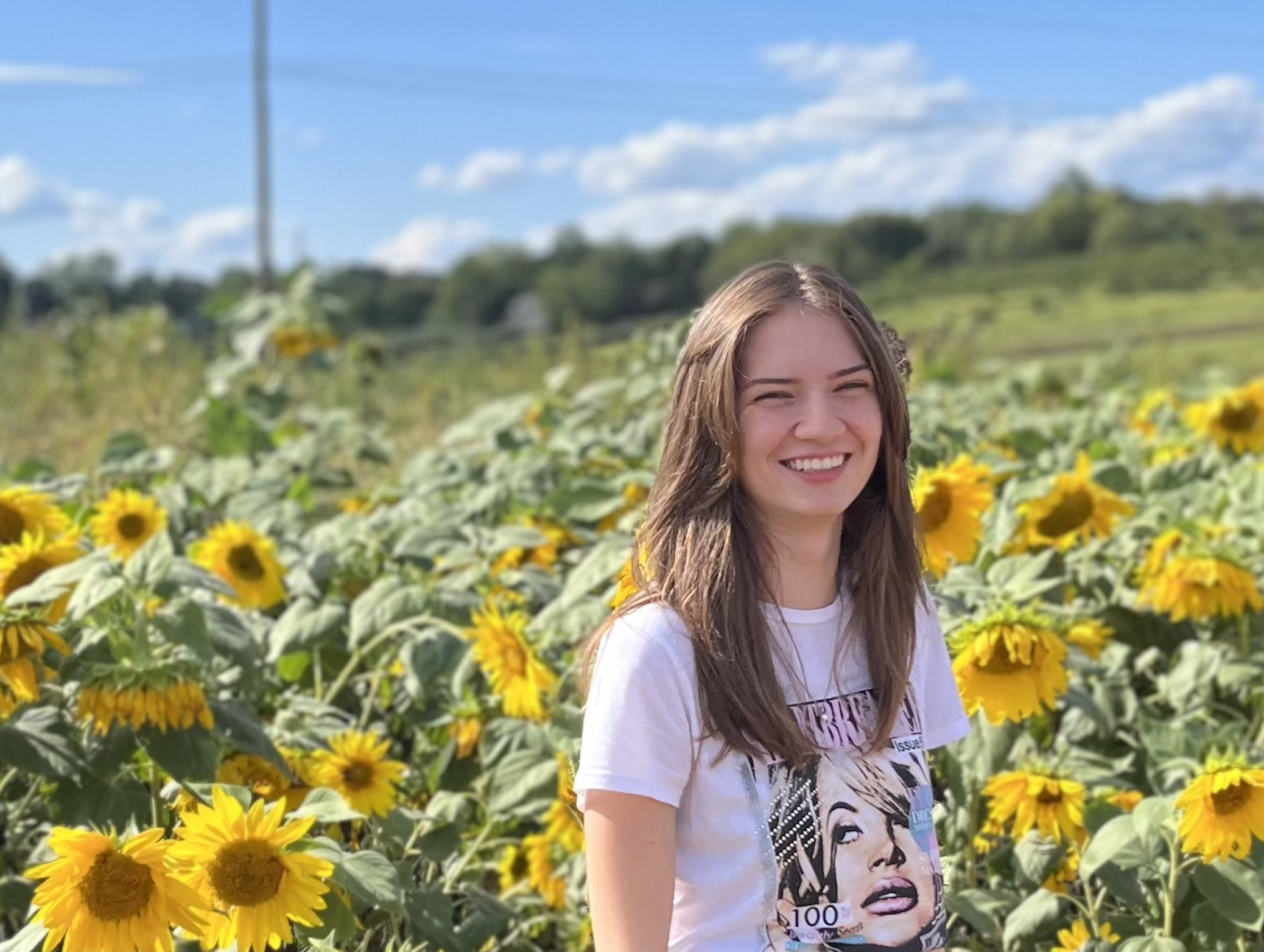Melany Morales is a rising fourth-year majoring in Neuroscience and Psychology. She is currently assisting with research at the Infant and Child Development Center on language development.
Tell me about your SURG topic.
Morales: My SURG grant is basically focused on specifically developmental psychology. I’m really interested in understanding how language development comes about in infants and children, but more so what happens when things go wrong. I’m a proponent of trying to identify early markers in order to find appropriate interventions to mitigate any language delays that children might experience. One avenue that I’ve become really interested in involves using electroencephalography (EEG), which is basically when you place a bunch of electrodes on a person’s scalp and you’re measuring brain activity. There’s this specific measure of EEG called EEG coherence that has been linked to language outcomes in children. My research is investigating whether we can use EEG coherence to identify any differences in neural development between infants that were identified as late talkers as early as two years versus infants that weren’t. And then also seeing if there’s a difference between late talkers who eventually end up catching up with their peers versus late talkers who end up having language developmental disorders later on.
What got you into this kind of research?
Morales: My mom was an elementary teacher, so I basically grew up living in her classroom. I spent a lot of time in her classroom interacting with her students, so I was super interested in understanding more about how kids learn. I learned a lot from her. She taught me a lot because she also studied psychology when she went to college. My sister did as well. It runs in the family. But also, ever since I was little, I have always been super interested in how people learn words, associate words with meaning and things like that.
What are you hoping to get out of this research?
Morales: In the short term, I’m hoping that the research this summer will turn into an honors thesis for neuroscience. This is one of the first research projects that I’ve been a part of where I’ve had to develop the project idea all from the start, which was really, really fascinating. One of the things that I’m interested in pursuing with regards to my research career is I want to make sure that my research is actually meaningful and it’s actually helping society. I want to become more involved with the community and actually develop interventions that could be helpful. I think the research that this SURG is funding is a good start because I’ll be able to both physically interact with these children but also understand how this type of early intervention research happens.
Meet the other SURG Recipients!
